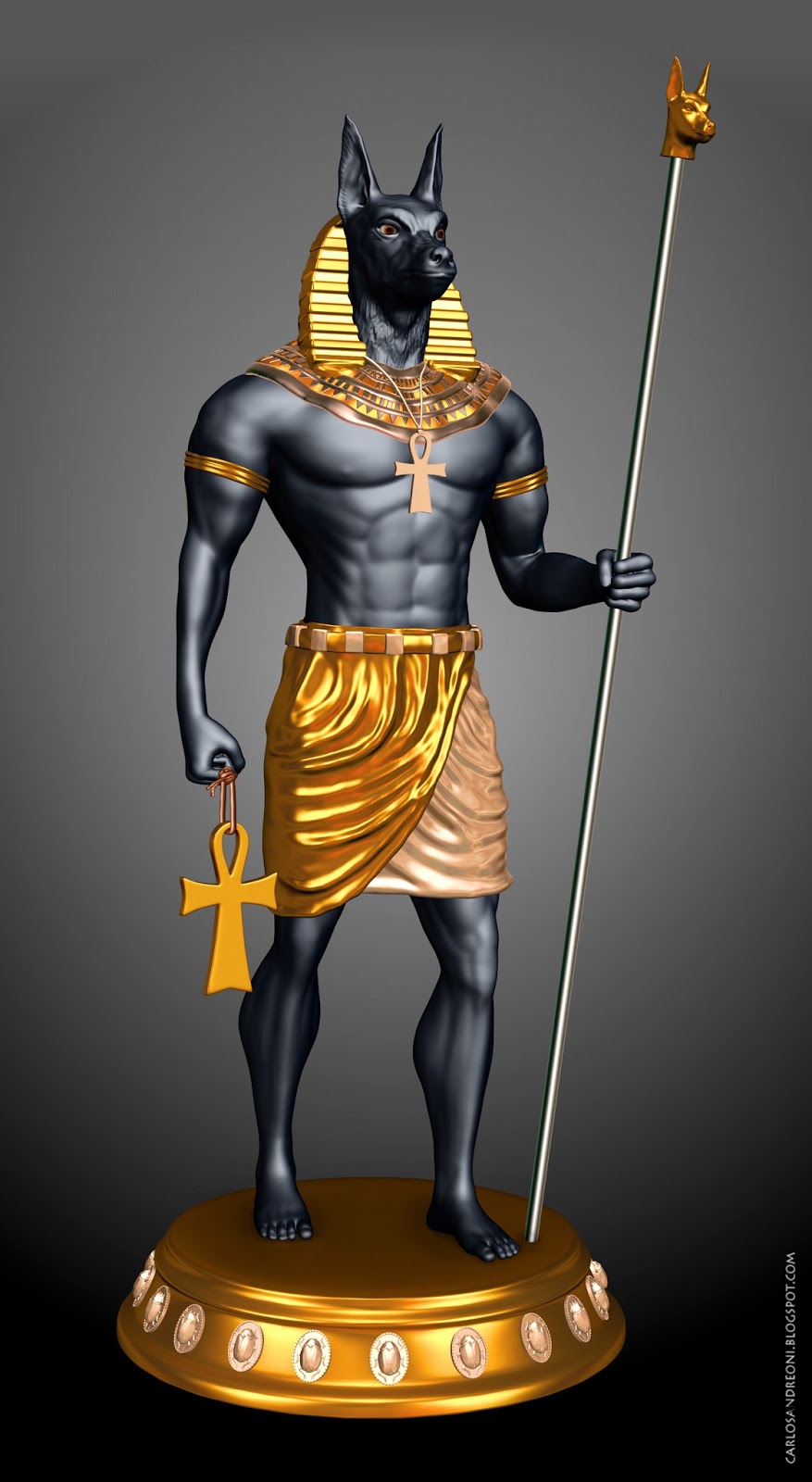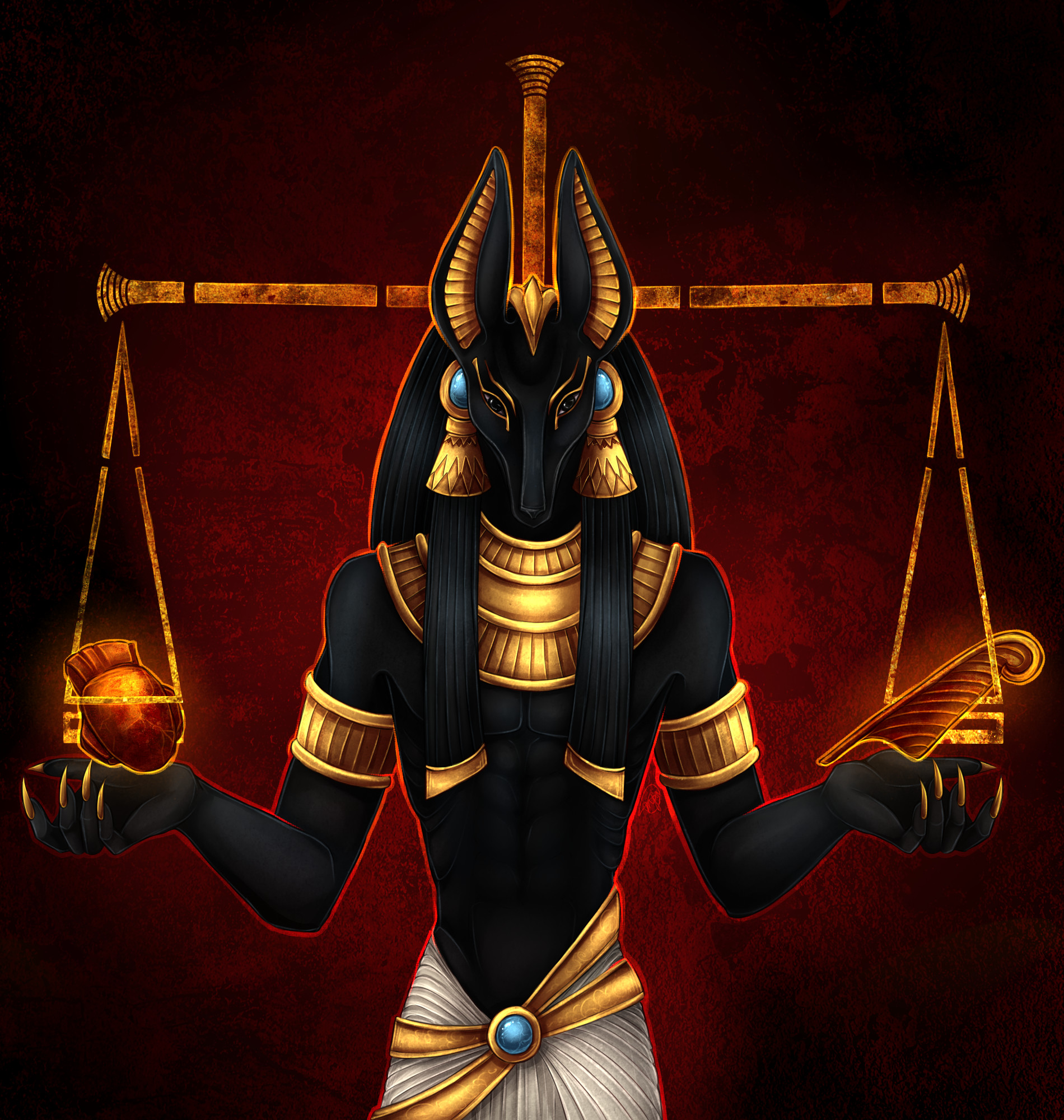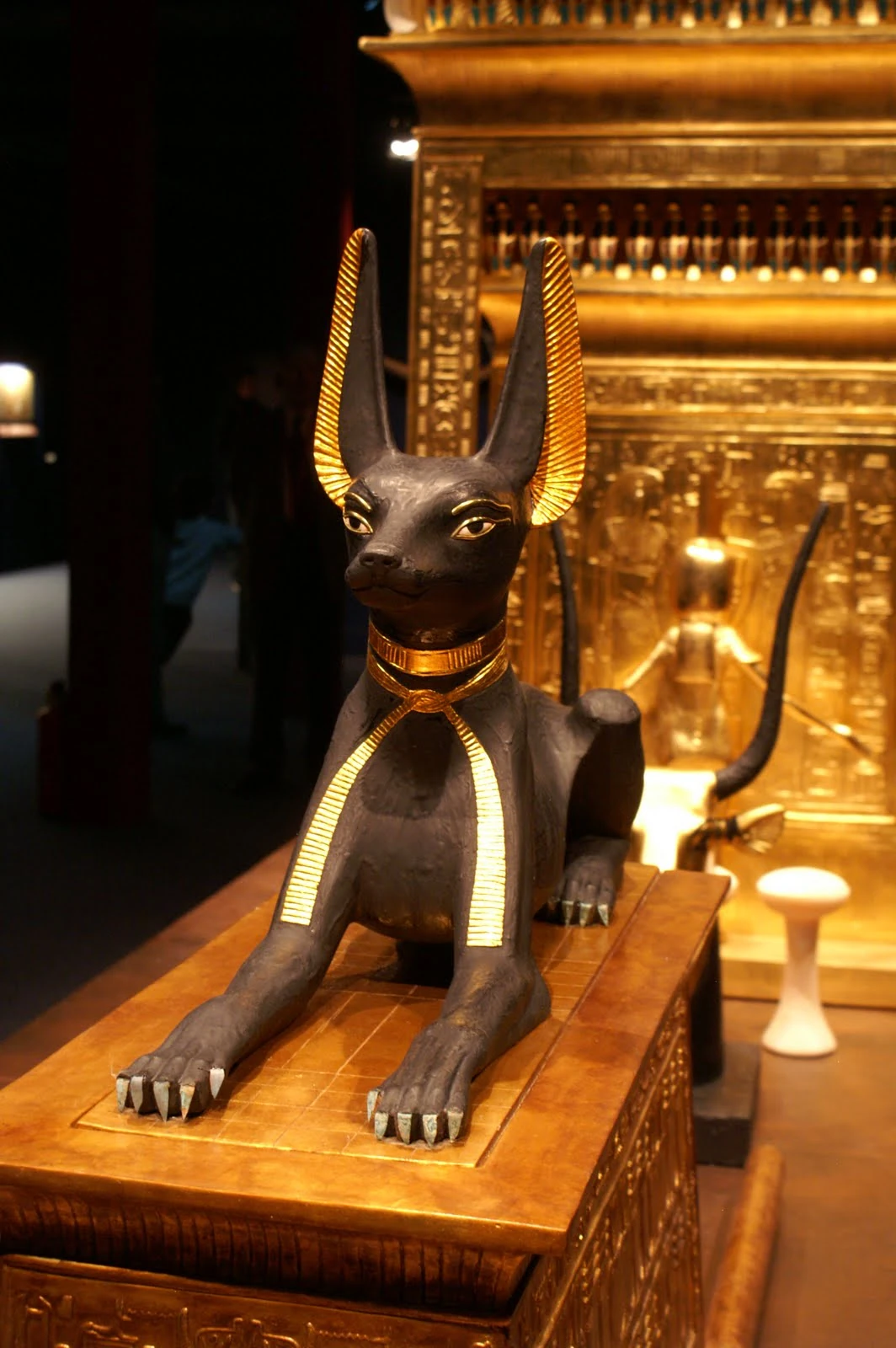Are you asking for 'essay about anpu aka anubis the egyptian'? Here you can find questions and answers on the topic.
Anpu Anubis is in reality the Greek epithet for the Egyptian guardian of the underworld, but the ancient Egyptians look up to this divinity as Anpu (or Inpu). Anpu is one of the most iconic gods from Egypt. Anpu is said to have the consistence of a earthborn, but the capitulum of a Canis aureus or a firedog.
Table of contents
- Essay about anpu aka anubis the egyptian in 2021
- Anubis appearance
- Anubis likes and dislikes
- Anubis the divine embalmer
- Anubis god personality
- Anubis patron god
- Legend of anubis
- Anubis priest
Essay about anpu aka anubis the egyptian in 2021
 This image shows essay about anpu aka anubis the egyptian.
This image shows essay about anpu aka anubis the egyptian.
Anubis appearance
 This image demonstrates Anubis appearance.
This image demonstrates Anubis appearance.
Anubis likes and dislikes
 This image illustrates Anubis likes and dislikes.
This image illustrates Anubis likes and dislikes.
Anubis the divine embalmer
 This picture shows Anubis the divine embalmer.
This picture shows Anubis the divine embalmer.
Anubis god personality
 This image shows Anubis god personality.
This image shows Anubis god personality.
Anubis patron god
 This image illustrates Anubis patron god.
This image illustrates Anubis patron god.
Legend of anubis
 This picture shows Legend of anubis.
This picture shows Legend of anubis.
Anubis priest
 This image illustrates Anubis priest.
This image illustrates Anubis priest.
How did the Egyptian god Anubis get his name?
Anubis is the Greek translation of what the ancient Egyptians called him originally: Inpuor Anpu. Although the ancient Egyptian word for royal child is inpu, it is more likely that this god’s name stems from the word “imp” which means “to decay.” Anubis' Form © Parée - * Anubis on Egyptian Block *
Who is the female counterpart of the Greek god Anubis?
Anubis' female counterpart is Anput. His daughter is the serpent goddess Kebechet . "Anubis" is a Greek rendering of this god's Egyptian name. Before the Greeks arrived in Egypt, around the 7th century BC, the god was known as Anpu or Inpu.
What was the role of Anubis in the Pharaonic era?
Guide of Souls. By the late pharaonic era (664–332 BC), Anubis was often depicted as guiding individuals across the threshold from the world of the living to the afterlife. Though a similar role was sometimes performed by the cow-headed Hathor, Anubis was more commonly chosen to fulfill that function.
Why was Anubis called he who is in the place of embalming?
As jmy-wt "He who is in the place of embalming", Anubis was associated with mummification. He was also called ḫnty zḥ-nṯr "He who presides over the god's booth", in which "booth" could refer either to the place where embalming was carried out or the pharaoh's burial chamber.
Last Update: Oct 2021